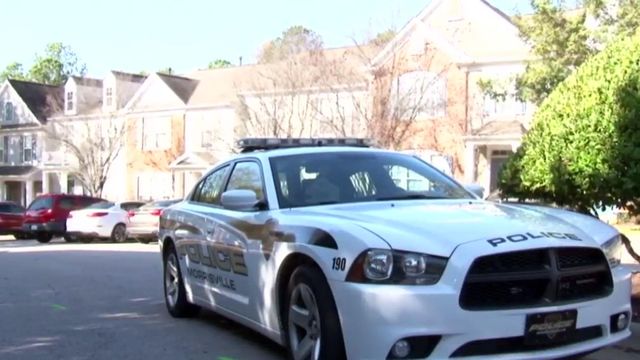Pandemic leaving potholes in city budgets
Local governments are in a budget bind because of the coronavirus pandemic.
Posted — UpdatedCity leaders across the country are calling on Congress to approve relief funds specifically for local governments, noting the pandemic has hit their budgets from several directions:
- There have direct response costs, such as protective gear, testing and overtime.
- Revenue from sales and tourism taxes is down.
- Businesses are using less water and power.
- North Carolina cities can’t collect on utility bills until the end of July under a statewide emergency order.
State lawmakers set aside $75 million in federal relief aid for cities last month, but Paul Meyer, executive director of the North Carolina League of Municipalities, said Thursday that is just a drop in the bucket.
"We know that, for the months of March and April, we’re already down $63 million in state sales tax and roughly another $75 million in lost utility revenues because of the governor’s executive orders," Meyer said.
Property tax collections will probably be down this year, too, he said, with more than 1 million people statewide out of work and seeking help.
Without state or federal assistance, Meyer said deep cuts in municipal budgets are likely for years to come.
"You’ll see service reductions. You’ll probably see layoffs in city governments. You will see infrastructure projects that were on the table that won’t happen," he said.
"We expect the sales tax revenue is not going to rebound for a few years," Cawley said. "We are really the economic drivers for the state. The municipalities have 75 percent of all retail jobs. ... So, we can lead the recovery, but we need some help from the federal government to fill these shortfalls."
Related Topics
• Credits
Copyright 2024 by Capitol Broadcasting Company. All rights reserved. This material may not be published, broadcast, rewritten or redistributed.






